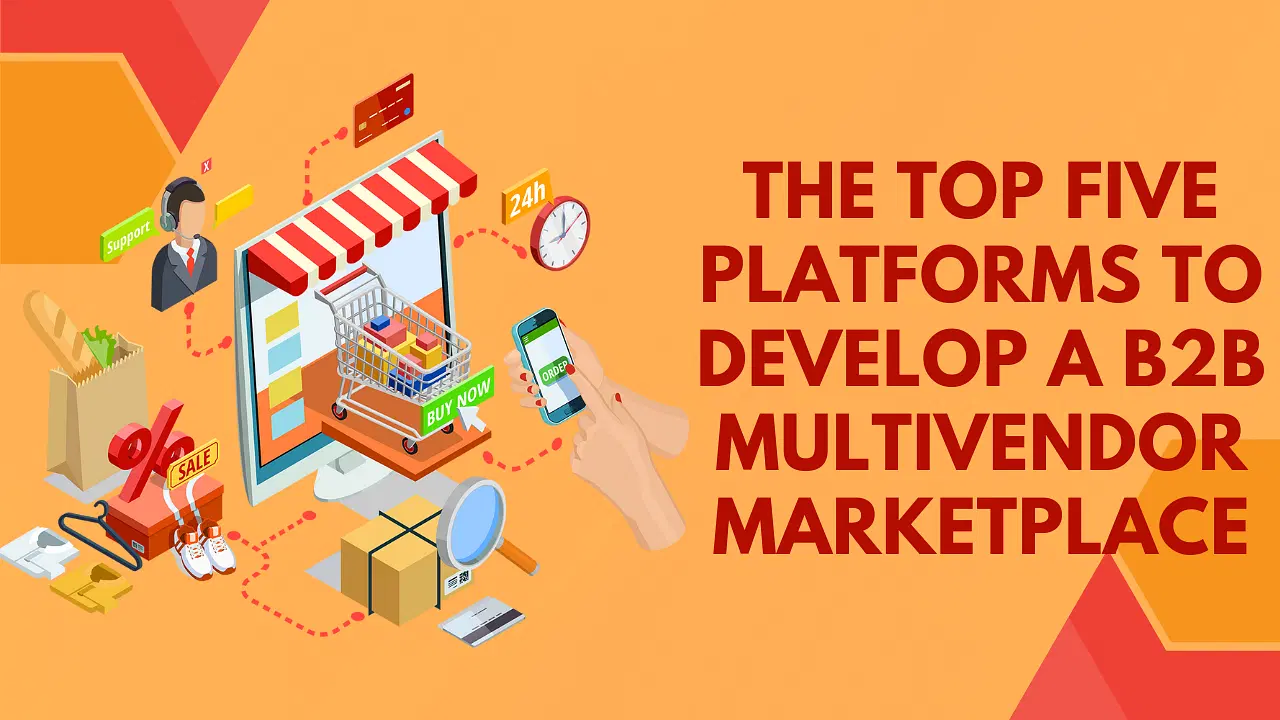The Top Five Platforms to Develop a B2B Multivendor Marketplace
A multivendor marketplace (MVM) allows buyers and sellers to participate in business transactions using a shared platform designed specifically to facilitate the trade of goods or services between the two parties. MVMs can be used in both B2B and B2C commerce, but they’re especially useful in B2B environments where the transactions are larger and require more complex payment schemes. To build an MVM, you will need to use one of these five popular multivendor marketplace platform options.
Magento
As the leading enterprise solution, it has the most features out of all its competitors – like SEO options that power your site’s visibility on search engines, marketing tools that help you reach new customers, and inventory management features to make sure you never run out of stock. Magento also has seamless integrations with over 200 different third-party software platforms. It offers both free and paid subscriptions, so depending on what you need, there is a price point for everyone. The downside to this platform is that if you want to customize it, it can be complicated and time-consuming.
PrestaShop
In addition, the PrestaShop marketplace features customizable storefronts for each vendor with their logo and design so it looks like they’re operating their store. You can also configure tax rates and rules for shipping that is specific to vendors, depending on where they are located. If you want to set up your business as an administrator, you will need access to inventory management tools such as order processing and customer service tickets. A hosted shopping cart system may be required for vendors who want to use PayPal or other third-party payment processors.
OpenCart
Easily set up your storefront in minutes using OpenCart‘s responsive design templates. Sell products in various formats such as physical goods, digital downloads, or services. Manage inventory with just one click – you can even create sales promotions automatically! Enjoy fast and secure transactions through built-in SSL encryption technology. Create discount coupons with just one click! All orders will be sent directly to your customers’ email inboxes, so they don’t have to wait around for their purchases. These are just some of the many features that make OpenCart an excellent choice for developing a B2B multivendor marketplace. HikaShop: Get all of the benefits of an open source shopping cart platform while eliminating any worries about security by utilizing HikaShop’s PCI Compliance Certification. The HikaShop has been designed specifically for online marketplaces where retailers and vendors trade goods, services and digital content among themselves.
WooCommerce
It also integrates with third-party tools like Google Analytics and PayPal for a seamless experience. It offers all the standard features you’d expect in an eCommerce site, like product listing and management, promotions, and order tracking. And it comes with robust customer management features, as well.
While WooCommerce has been around since 2011, its popularity skyrocketed in 2017 when it introduced its subscription service called WooCommerce Subscriptions – which allows store owners to sell subscriptions directly on their site with just a few clicks. Best of all, this is free for anyone using the free version of WooCommerce!
Shopify
With more than 400,000 merchants and half of the world’s online stores using Shopify, it should be no surprise that this is one of the most popular platforms for developing a multivendor marketplace. With tools such as their native e-commerce platform, their built-in search engine, and content management system, and the ability to quickly generate coupon codes or store credits with their reward point program, Shopify is worth considering if you’re looking for an easily integrated all-in-one solution. The downside? You’ll need to pay extra if you want customization beyond what they offer in their prebuilt themes.

